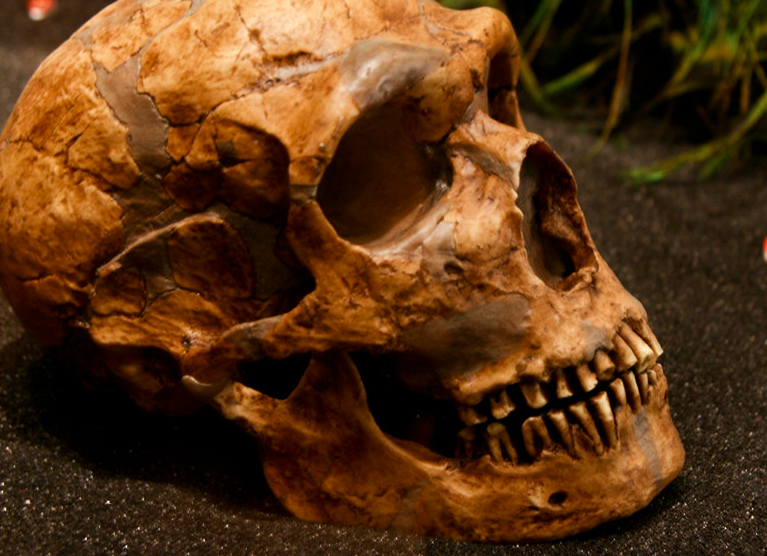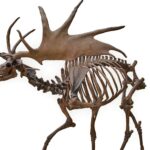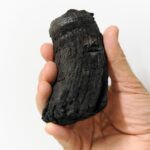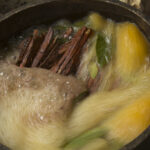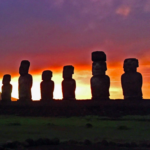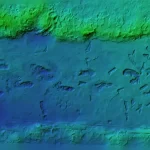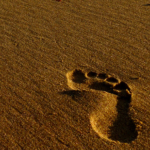New Scientist
Image: opacity
A chunk of Neanderthal DNA carried by some people living today appears to reduce the chance of miscarriage and promote fertility. The finding is the latest evidence that Homo sapiens benefitted from Stone Age sexual encounters with other human species.
Genetic studies suggest anatomically modern humans interbred with Neanderthals on several occasions, and that people of non-African descent carry about 1 to 2 per cent Neanderthal DNA in their cells. For about 10 years we have suspected that some of that Neanderthal DNA proved useful. It might have helped Homo sapiens cope with Eurasian diseases that they hadn’t encountered during their evolution in Africa, for instance.
But some Neanderthal DNA is probably detrimental to modern humans. In 2018, Jingjing Li at Stanford University and his colleagues found an example. They were studying the PGR gene, which plays a role in pregnancy, and realised a form (or allele) of the gene that increases the chance of premature birth contains Neanderthal DNA. Read more on newscientist.com…
